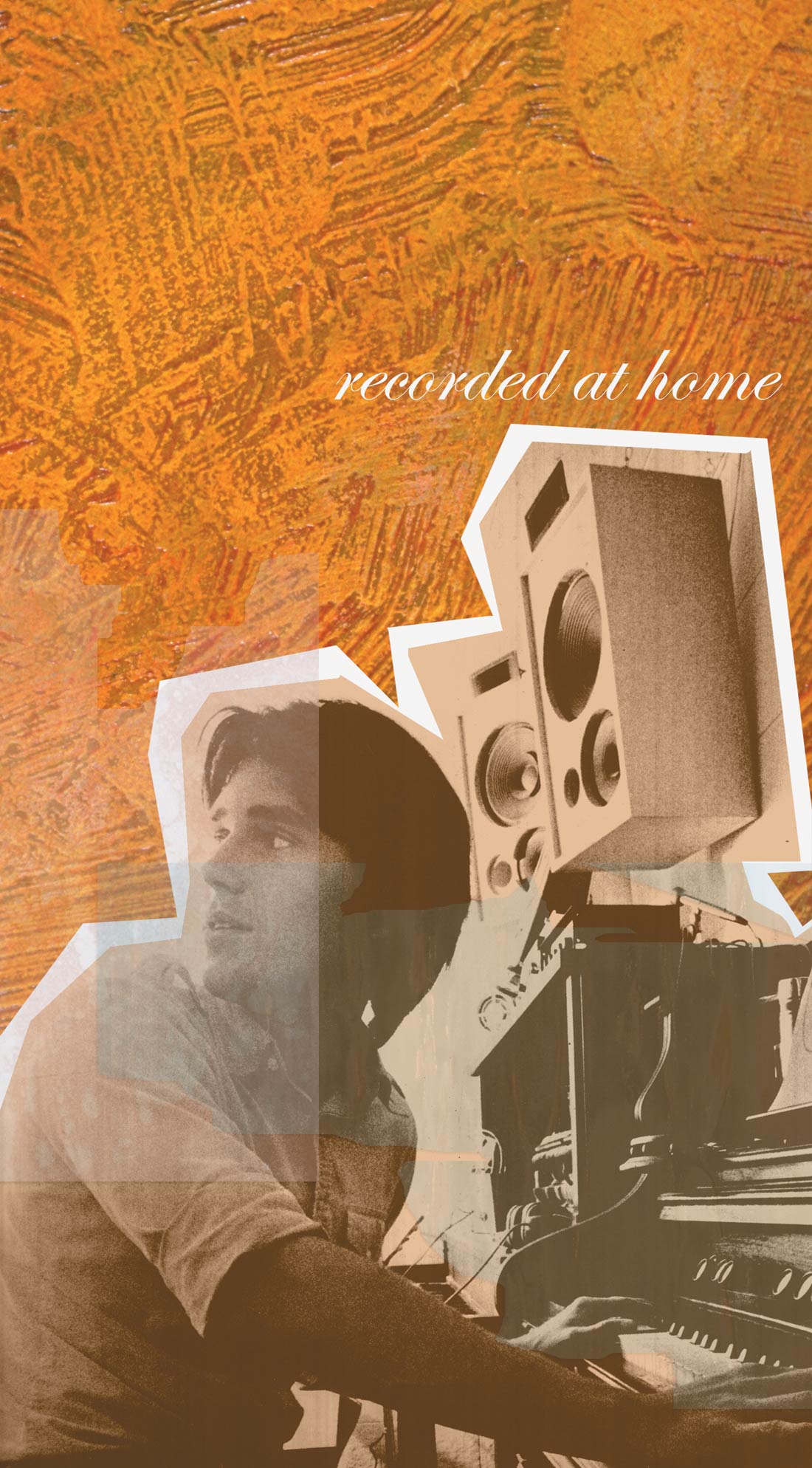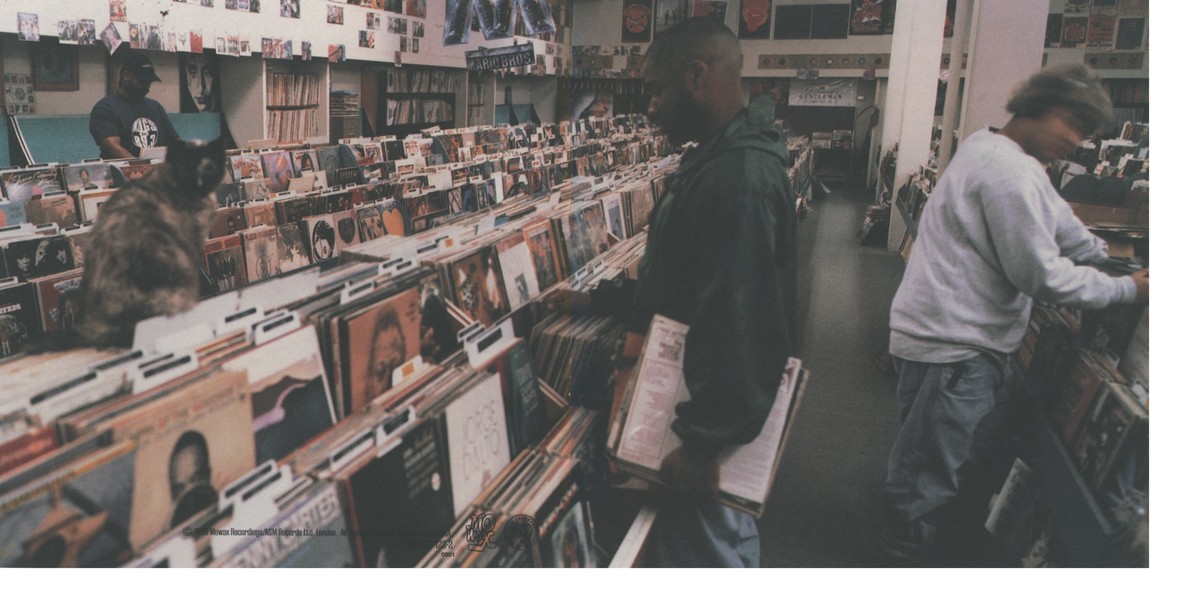I was working on a two-week session for the upcoming fifth Richmond Fontaine album in November, engineering with J.D. Foster producing. One of the first things that J.D. did when we arrived at the studio was to play a few Harry Partch CDs, illustrating some ideas that had been floating around in pre-production. Later, when we were discussing lyrics involving tattoos in one of the songs and I mentioned how it could be a reference to The Who's "Tattoo" and growing older, J.D. pulled out a copy of The Who Sell Out to listen to the track. In the middle of these sessions I had an acoustic date with a rather irreverent band that played Klezmer/Hungarian- style folk tunes. I was reminded of the 3 Mustaphas 3, Camper Van Beethoven and Tin Hat Trio records I own.
Many people who intern for me or write letters to Tape Op pick my brain about becoming engineers. "What school should I go to?" "What mic do you use on kick drum?" "What compressor should I buy?" I'm realizing now that one of the weakest links an engineer/producer can have is a small record collection, or a small knowledge of the types of music that are out there.
We were listening to the new Badly Drawn Boy record when an intern asked if this was "emo" music. What? Besides the fact that journalists come up with these stupid labels with which to categorize music while they hack out another inane record review that does almost nobody any good, I can't for the life of me figure out how he got "emo" out of this record. Did he need to hear some "real emo" punk-based music to be set straight? Did he need to stop thinking within categories? The real answer is that he just needed to hear more music to know where this was coming from.
Most anyone reading this is involved in making music. Some are professionals who get paid to press the 'record' button. Some are musicians recording at home on days off. Others are sitting around waiting for a session to end after they've laid down their drum tracks. All of these people probably have huge gaps in their musical vocabulary. I know I do.
Before you worry about what new mic to buy, obsess over insignificant details in the new song you just wrote, or try to rearrange the bridge on some client's tune, you need to have knowledge. For people like us, music is really important. We should be trying to listen to as much music as possible, gleaning ideas, feelings, styles, sounds, timbres, approaches, systems and more from everything we hear. Expand your realms and listen to music from styles you might have "written off" in the past. I can't tell you how much I cringe when someone tells me something like, "I like a lot of music except for hip- hop and country." Does this person know what he just said? Was this for shock value or something? Has he somehow never heard George Jones, Public Enemy, Gram Parsons, Stetsasonic, Hank Williams and other legendary artists within these genres?
"But CDs are too expensive," they always say. Oh yeah? I'm not advocating piracy, but you know there's a lot of stuff out there in Internet land. What about the library? Here in Portland you can get all kinds of music on CD at the library — for free. You can buy used vinyl in many places for $1 per album — a great way to hear new (to you) stuff. What about friends? I used to borrow hundreds of records from pals to tape and listen to, many that I ended up buying. Even the BMG record club is a great resource if you play it right and only buy one CD at full price. I've stocked up my jazz and classic rock CDs from there a few times. And, if you're a professional in the music world, "professional development" means you can write off as many CDs as you can buy.
It's all a matter of initiative. If you want to hear new music, it's there. If you want to become a better engineer, producer or musician, you should be looking for as much musical input as you can stand. If you are working with clients and they mention artists who inspire them, check out some new music. You have no excuse not to.


